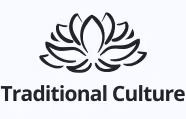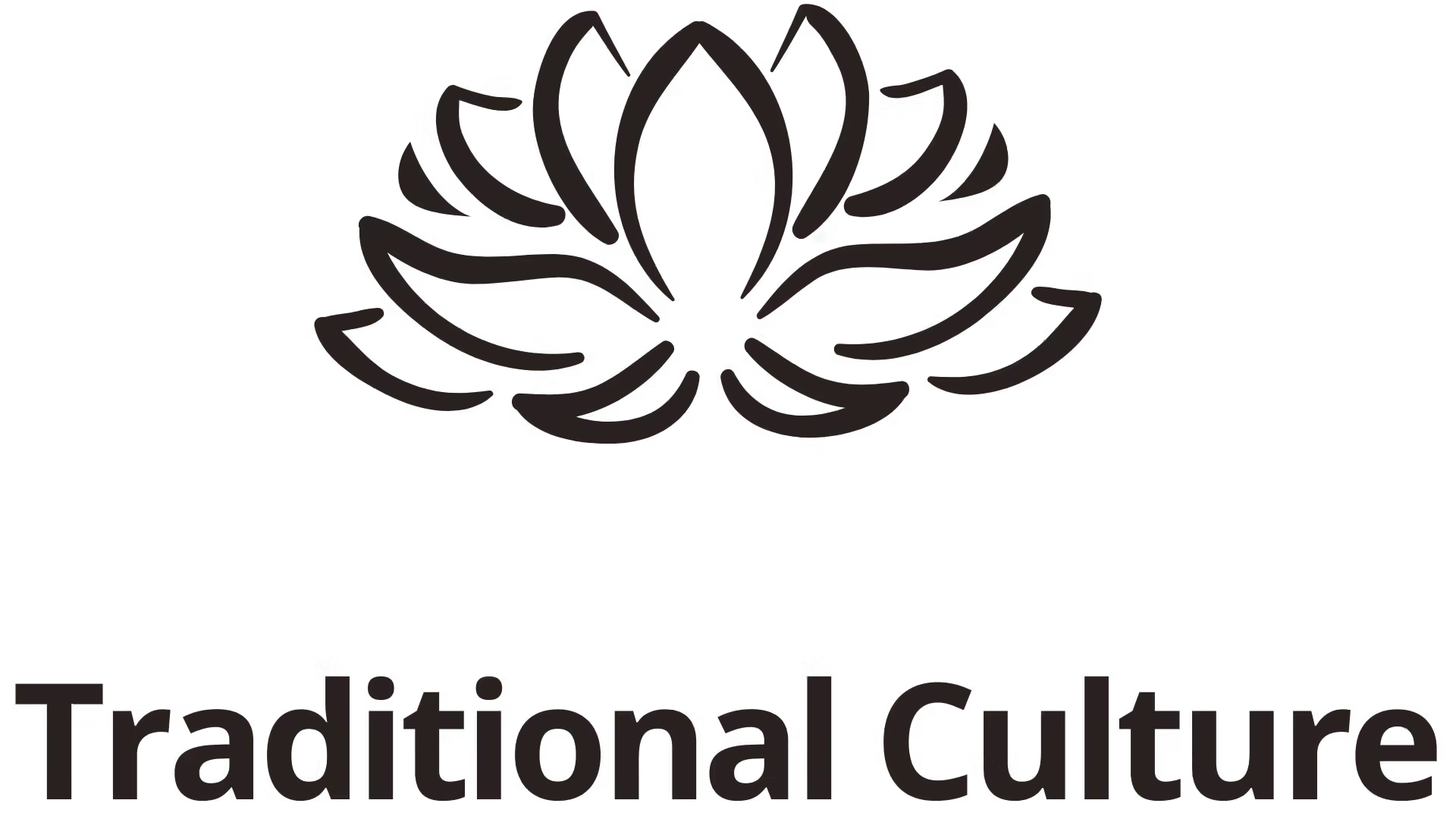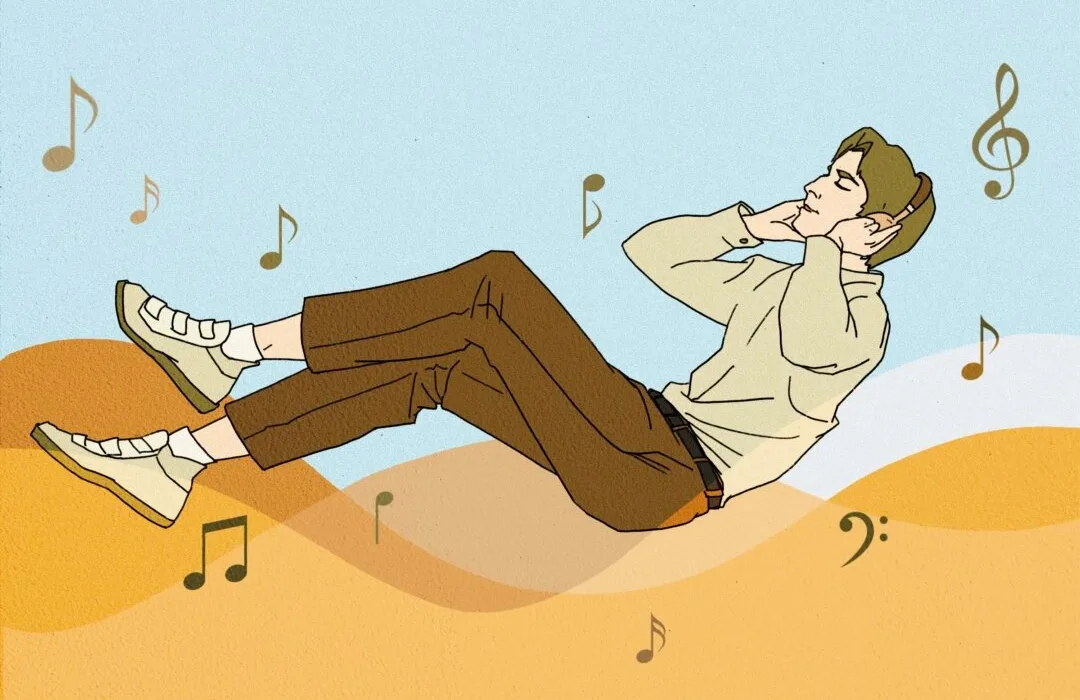Illustration by The Epoch Times, Shutterstock
The healing power of music has been recognized since the times of ancient Greece and ancient China. These days we have clinical studies and systematic reviews to affirm these insights.
According to science, music acts on the body in at least two ways, but I suspect other factors are also involved. One way is through the mind-body connection. The other is through the physical effect of the sound waves. If you get up and move your body to the music, you will enjoy one of the most effective mind-body exercises known to science.
Music for Dementia, Parkinson’s, and Cancer
Mind and body are inseparable. That’s why physical exercise is among the most potent treatments for depression and chronic stress contributes to so many diseases.
Dementia has been a popular focus for studies on music therapy, with hundreds of studies being done in the last decade. Many of those studies have then been grouped together and analyzed in reviews to identify patterns or contradictions in the existing science.
Several such reviews have focused specifically on the effects of music therapy on dementia patients.
One review found music therapy was linked to improved verbal fluency and substantial relief from depression and anxiety. Another review found improved overall behavior in dementia patients and another review found music therapy may improve cognitive function, though the evidence was mixed.
Music has even been found to restore the loss of expressive language in patients suffering aphasia after brain injury from stroke, recounted Oliver Sacks, a noted neurologist and professor at Columbia University, who took a deep dive into the link between music and the brain in his book “Musicophilia.”
According to the American Psychological Association, music can soothe the heart rates and stress levels of premature babies, reduce stress, and help treat pain. That latter point can be particularly helpful for those suffering from chronic conditions like cancer.
Several studieshave found sound therapy can help soothe cancer patients, reduce inflammation, and ease the side effects of cancer treatment.
Sometimes rather than music, researchers have tested specific sound frequencies.
One study found using low-frequency sound stimulation helped 26 percent of the fibromyalgia patients involved discontinue their medication after the treatment.
Another study found that acoustic-based interventions could help people facing Parkinson’s counteract the loss of motor function and improve their ability to walk.
Vibroacoustic therapy has become its own therapeutic modality with hundreds of studies looking at its effects on everything from COVID-19 to cerebral palsy.
When you combine music with movement and social connection, it becomes a particularly powerful medicine.

A systematic review published in The BMJ, (formerly the British Medical Journal) found dance was a more effective treatment for depression than common antidepressants, cognitive behavioral therapy, and other forms of exercise.
I use music to maintain my concentration during work. Of course, not all music helps. Gentle music and classical music that isn’t too exciting work best for me. Classical music seems to nourish the brain to such an extent that we even have a name for it: “The Mozart Effect.”
I suspect though, that more people use music for negative ends rather than positive. I remember doing that myself as a teenager. If I was in a bad mood, I would blast angry music and let myself rage. Sad and angry music, or music that inflates egotistic or lustful feelings is pretty common.
That might be a problem.
Researchers have found that different types of music can have different effects. A small study published in Applied Psychophysiology and Biofeedback in 2007 found that while classical music could calm anxiety, anger, and stress, heavy metal could not. I suspect music is much like food. Just as some music nourishes us, other music can leave us more troubled.
I suggest choosing your music like you’d choose your neighborhood: Look for something peaceful and pleasant.
From The Epoch Times
✉️ Stay Connected — Subscribe for Weekly Updates
Discover timeless stories, practical wisdom, and beautiful culture — delivered straight to your inbox.
*We only share valuable insights — no spam, ever.






